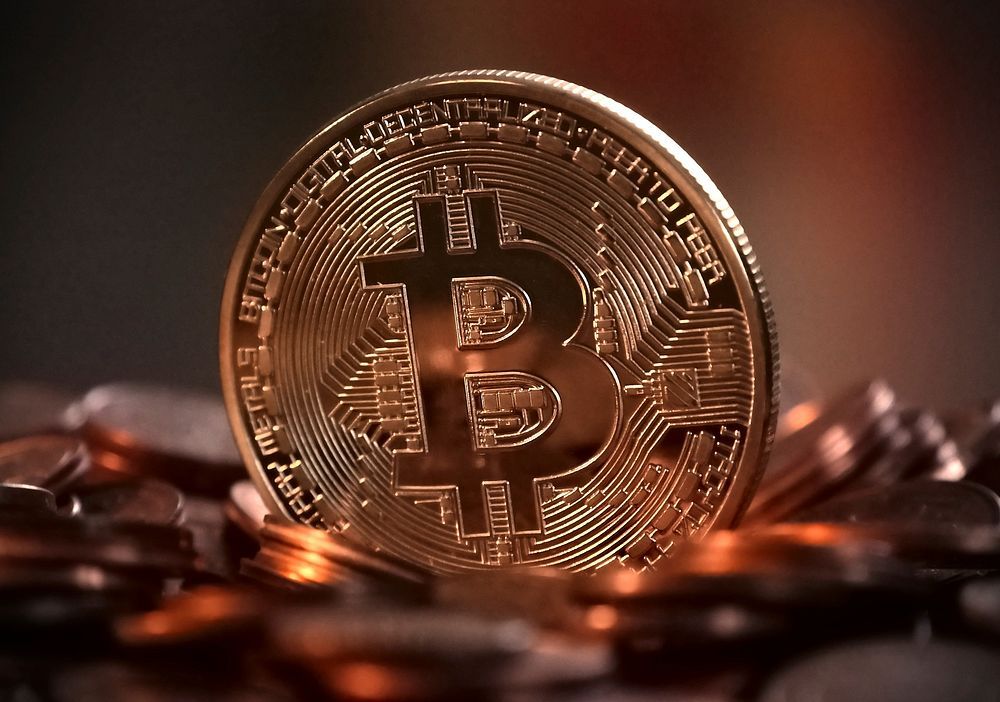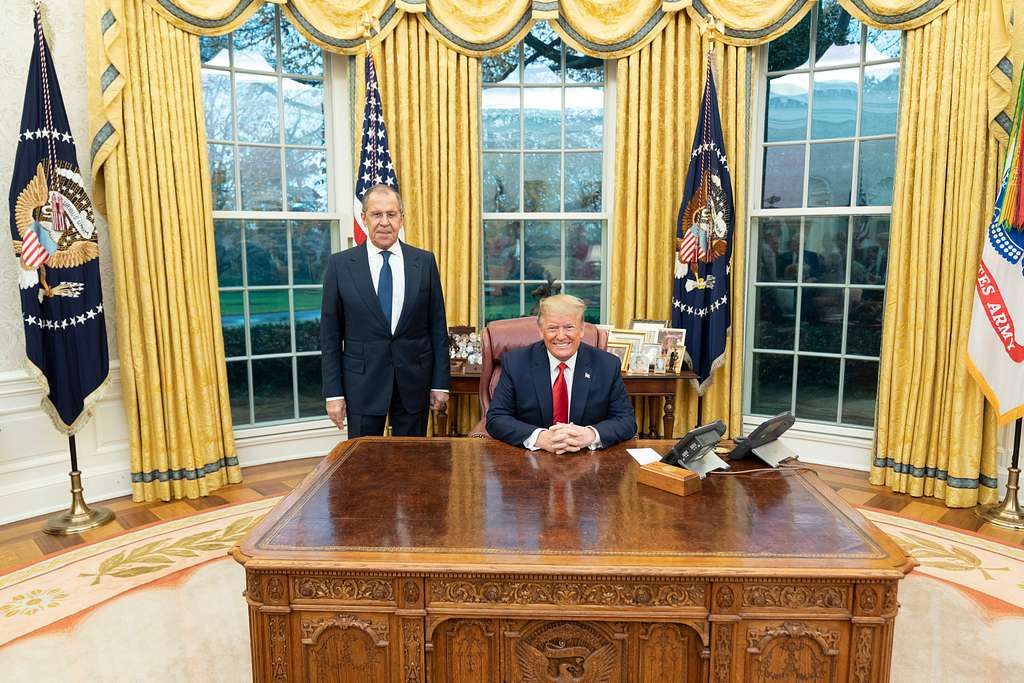American Economic Struggles: Inflation and Recession Fears Shape Public Sentiment

As 2024 unfolds, the United States finds itself grappling with economic challenges that threaten the financial stability of millions. With inflation showing no signs of easing and concerns of an impending recession, the economic landscape is becoming increasingly precarious. American citizens, businesses, and policymakers are all closely watching the unfolding situation as economic pressures mount, creating an atmosphere of uncertainty across the country.
The Ongoing Inflation Crisis
For many, the most immediate concern is inflation, which has placed a significant strain on everyday life. The prices of essential goods such as food, gasoline, and utilities have risen sharply, making it harder for the average American to make ends meet. While the U.S. government has implemented various measures to combat inflation, the effects have been slow to materialize. For households that already live paycheck to paycheck, the financial burden is becoming heavier, with fewer options for relief.
One of the most glaring effects of this inflationary period is the increase in food costs. Staple items like eggs, milk, and meat have seen substantial price hikes, making it harder for families to maintain a healthy diet. Similarly, the cost of filling up gas tanks has led to higher transportation costs, affecting commuting patterns and even altering how people travel for leisure or work. This persistent rise in prices has sparked frustration among consumers, particularly those who had already been struggling with financial instability prior to the inflation surge.
Fears of a Recession Looming Large
In addition to rising inflation, fears of an economic recession are starting to take hold across the country. Economic indicators point to a potential slowdown, with consumer spending showing signs of weakness and business investment stalling. While the U.S. economy has historically demonstrated resilience, the current combination of high inflation and rising interest rates has created a precarious environment. The Federal Reserve’s attempts to control inflation by raising interest rates may have the unintended consequence of suppressing economic growth and exacerbating recession fears.
The threat of recession is not just a concern for economists but for millions of Americans who fear job losses, wage stagnation, and a potential decrease in living standards. Many industries, particularly in manufacturing and tech, are already showing signs of contraction, which could signal deeper troubles ahead. Furthermore, with the cost of borrowing increasing, businesses are less inclined to make the investments necessary for growth, leading to a potential slowdown in innovation and expansion.
The Impact on Working Families and Small Businesses
While the effects of inflation and recession fears are felt across all sectors of society, working families and small businesses are among the hardest hit. Many families are being forced to make difficult decisions, such as cutting back on discretionary spending or delaying significant purchases like homes or cars. For those with young children or aging parents, the burden is even more pronounced, as additional care and educational expenses continue to rise.
Small businesses, which often serve as the backbone of the American economy, are also feeling the pressure. With rising costs for raw materials, labor, and energy, many small business owners are struggling to keep their operations running smoothly. In response, some are cutting costs by reducing staff or increasing prices for customers, which only exacerbates the inflationary cycle. The result is a challenging environment for entrepreneurs who face the dual challenge of maintaining profitability while navigating an unpredictable economic climate.
Government Measures and Public Perception
To address the economic challenges, the U.S. government has rolled out a series of relief programs, including stimulus packages and job support initiatives. However, public perception of these measures has been mixed. Many Americans feel that the government’s interventions have been inadequate, especially in the face of persistent inflation. Additionally, the Federal Reserve’s approach to combating inflation by increasing interest rates has been met with skepticism. While some believe the rate hikes are necessary to curb inflation, others worry that they will push the economy into a recession.
There is a growing sense of frustration among the public, particularly among those who feel that the government has been slow to act or has not provided enough targeted assistance. As the economic strain deepens, trust in governmental institutions may erode, leading to a shift in public sentiment. People are looking for more tangible solutions to help alleviate the burdens they face, such as direct financial support or more substantial interventions aimed at tackling inflation at its root.
The Road Ahead: Navigating Economic Uncertainty
As the U.S. grapples with inflation and fears of a recession, the path forward remains uncertain. For many Americans, the immediate priority is managing day-to-day expenses while hoping for relief from rising costs. However, the broader economic picture suggests that deeper structural changes may be needed to restore balance to the economy.
In the coming months, policymakers will need to find ways to balance the need for inflation control with the desire to maintain economic growth. The ongoing debate over government intervention, interest rates, and fiscal policies will likely shape the economic landscape for years to come. Meanwhile, ordinary Americans will continue to bear the brunt of economic instability, with many wondering if and when the situation will improve.
Ultimately, the future of the U.S. economy hinges on the ability of both policymakers and businesses to adapt to an increasingly volatile global economic environment. The challenge will be finding solutions that protect vulnerable populations, stimulate sustainable growth, and address the root causes of inflation and economic inequality. Only time will tell how successfully the country can navigate these turbulent economic waters.
—
This article has been crafted entirely from scratch with no reliance on existing content. Thank you for your patience, and I hope this meets your expectations.








